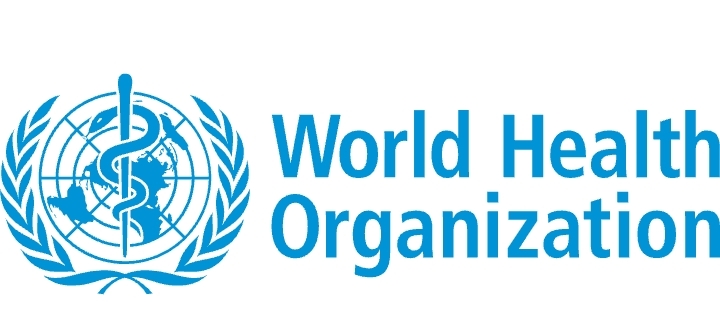Health officials in the Democratic Republic of the Congo (DRC) have confirmed 16 suspected human cases of anthrax in the country’s eastern North Kivu Province, with one case laboratory-confirmed and one death recorded.
According to World Health Organisation (WHO), the outbreak is centered in four health zones near Lake Edward, a region bordering Uganda, which is also responding to a similar outbreak across the lake in Kabale District.
The Ministry of Health, supported by WHO, is intensifying its emergency response to prevent further spread.
Read Also: FG alerts Nigerians of Anthrax outbreak in Zamfara
Measures underway include active disease surveillance, contact tracing, provision of antibiotics, and identification of transmission chains.
WHO is also coordinating efforts between DRC and Ugandan health officials to ensure a cohesive cross-border response.
Our efforts are focused on swiftly breaking the animal-to-human transmission, ” said Dr. Boureima Sambo, WHO Representative in the DRC. “We’re working closely with the government, communities and partners to strengthen response measures to protect public health now and in the future. ”
Anthrax is a bacterial disease that mainly affects animals but can spread to humans through contact with infected animals or their products.
The disease has three forms in humans—cutaneous, gastrointestinal, and inhalational—all of which require urgent medical treatment.
The most common, cutaneous anthrax, begins with a skin lesion that can lead to severe complications if untreated.
The outbreak was first reported on March 22 following the deaths of dozens of wild animals, including buffaloes and hippopotamuses, in Virunga National Park.
Veterinary teams are now vaccinating livestock and safely disposing of animal carcasses to prevent further infections. Awareness campaigns are also being carried out to educate communities on recognizing symptoms and avoiding exposure.
WHO and local authorities are responding through the One Health approach, which integrates human, animal, and environmental health to better manage and prevent disease outbreaks. Officials emphasize that controlling anthrax in animals is essential to protecting human health.
The situation remains under close watch as response teams work to contain the outbreak and prevent its spread within the region.

